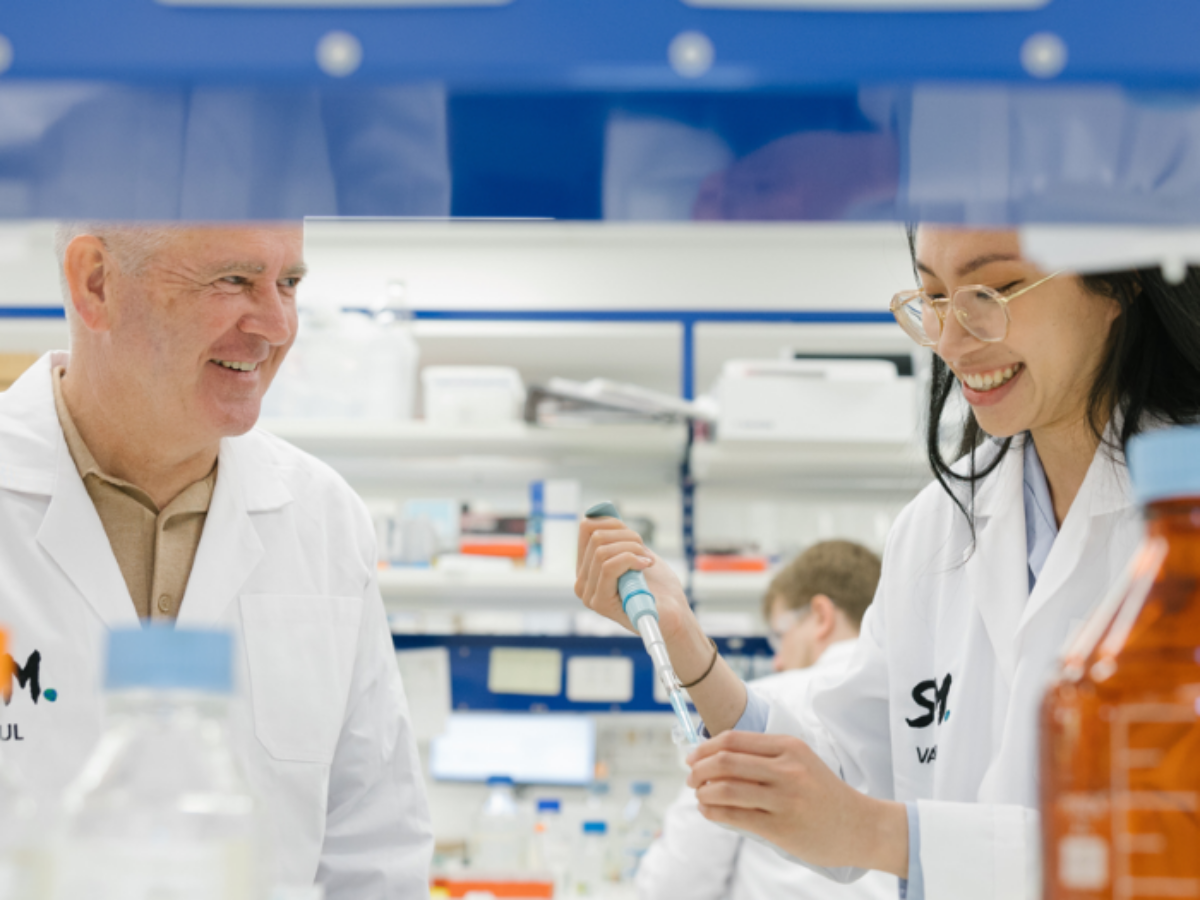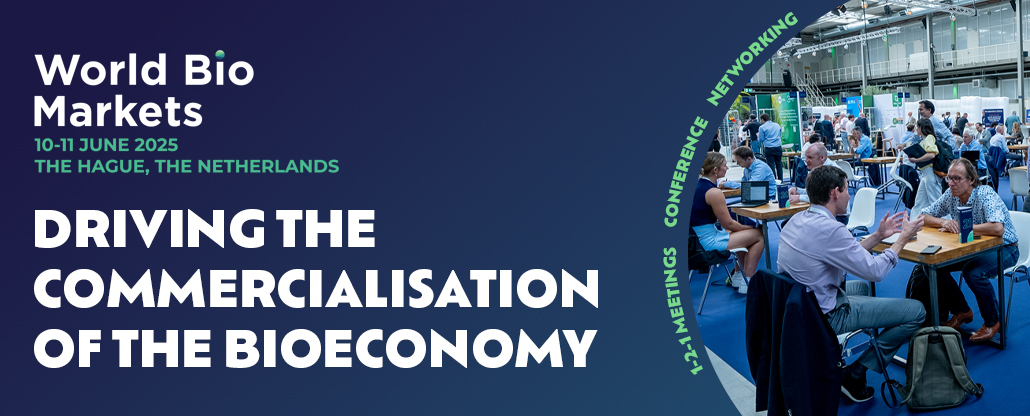Enviro-tech startup Samsara Eco is to establish a new research laboratory to develop enzymes that can break down plastic waste ready for recycling into new materials.
The company, which has been based since 2021 at the Australian National University (ANU), will develop its ‘infinite recycling’ Research & Development (R&D) facility at Queanbeyan in Regional NSW.
The new R&D facility in the Poplars Innovation Precinct will scale Samsara Eco’s patented enzymatic capabilities as the company aims to be recycling 1.5 million tonnes of plastic per annum by 2030.
CEO and Founder of Samsara Eco Paul Riley said: “We’ve had fantastic growth out of our ANU lab so far, but the plastic problem is growing fast. As we gear up towards commercialisation, access to our first R&D facility will enable us to accelerate the capabilities of infinite recycling and scale our solution which breaks down plastics in minutes, not centuries,”
Samsara Eco will continue to partner with the ANU as it commercialises its existing enzymatic library and develops new enzymes capable of breaking down different plastics.
The company’s infinite recycling technology returns plastic to its core molecules, which can then be used to recreate brand-new plastic, again and again. Currently, Samsara Eco’s enzymatic library can break down challenging plastics including coloured, multi-layered, mixed plastics and textiles like polyester and nylon 6,6.
Riley said: “You can’t solve the climate crisis unless you solve the plastics crisis. Plastic is one of the greatest inventions of the 20th century and provides enormous utility because of its durability, flexibility and strength. Yet, it’s also an environmental disaster with almost every piece of the nine billion tonnes ever made still on the planet.”
The company’s technology has generated worldwide attention, with Japan’s Kanematsu Corporation investing in the business, and Samsara making a multi-year development agreement with sportswear maker lululemon.
Samsara Eco is working with Poplars, the Queanbeyan-Palerang Regional Council and the local community to develop the new infinite recycling R&D facility, which is expected to be operational by late 2024.






